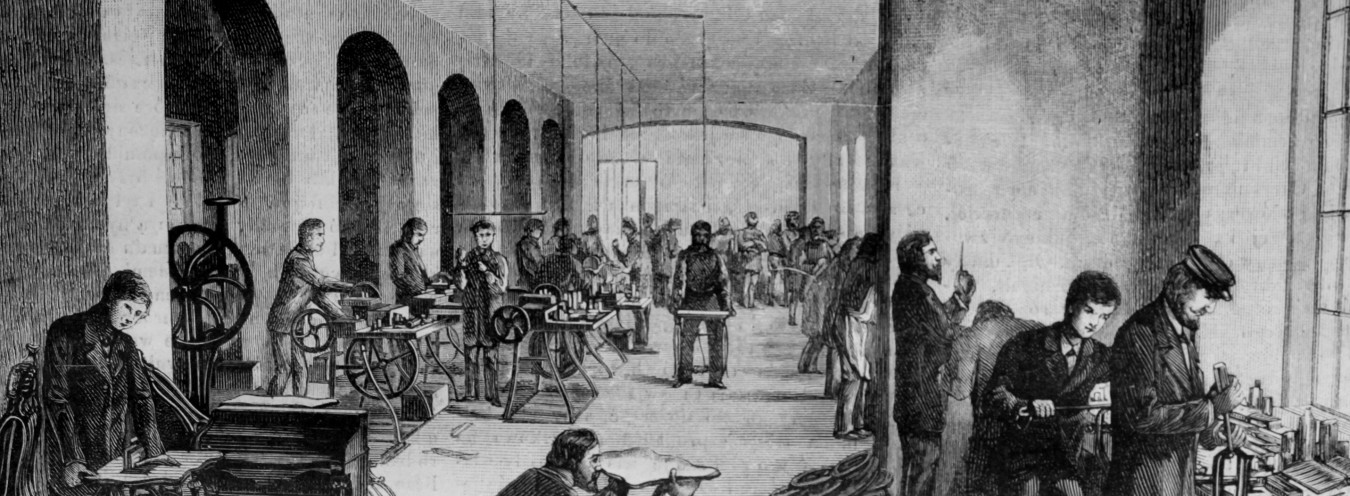
Trade Partnership
I am putting before you gentlemen a way to establish Warsaw’s foreign trade. This is the first half of my plan, and should be one source of profit for Polish investments. The second source is trade with Russia. […] A partnership which dealt with these goods might make fifteen or twenty per cent annually on invested capital. (153)
A group of characters in The Doll, comprising members of the aristocracy and the gentry (Tomasz Łęcki, the Prince, Count Liciński, Count Sanocki, and others), established a trade partnership in order to trade with the East. Their hope was that the partnership, managed by an experienced person and provided with sizeable funds contributed by the partners, would quickly bring huge profits. However, they lacked both the financial expertise and sufficient capital; as a result, they entrusted the management of the partnership to Stanisław Wokulski, whose fortune was made on trade with Russia.
By introducing a trade partnership into the plot of his novel, Prus remembered to complete its description with many details pertaining to mutual agreements, finance and conducting business.
Every partnership should be built on the foundation of the partners’ mutual trust. But the trade partnership established by Wokulski to trade with Russia was fraught with a mood of distrust and aversion to its main capital contributor. The merchant’s interests – to win Izabela Łęcka and to develop closer bonds with the aristocracy – were different from those of the other founding partners, who had a speedy division of profits on their minds. Soon, these differences led to a conflict of interests. But Wokulski was also partly to blame. He encouraged the aristocrats to trust him with their fortunes, while acting irresponsibly at the same time. His betting at the races, his duel with Krzeszowski, his unfortunate wooing attempts and the purchase of the tenement house on unfavourable terms – all these things were seen as exposing the partnership to the risk of losses and bankruptcy. According to one of the partners, Count Liciński, Wokulski is no director for commercial enterprises. One day he throws millions into industry, but tomorrow or the next day he will challenge someone to a duel, and risk everything.
The Doll’s main protagonist simply exits the partnership in the end. Here, Prus presents two possible scenarios for its future fate: a slow decline after losing its competent manager, or a third-person acquisition. In The Doll, Henryk Szlangbaum becomes the partnership’s main holder and proceeds to lower the partners’ incomes whilst slowly selling its assets to Jewish buyers. Here, again, Prus does not steer clear of stereotypes.
→ Warsaw Merchants; → Szlangbaum, Henryk, Junior; → Wokulski, Stanisław; → Jews;
Bibliografia
- M. Allerhand, Kodeks handlowy. Komentarz, Lwów 1935.
- A. Kidyba, Prawo handlowe, Warszawa 2004.



